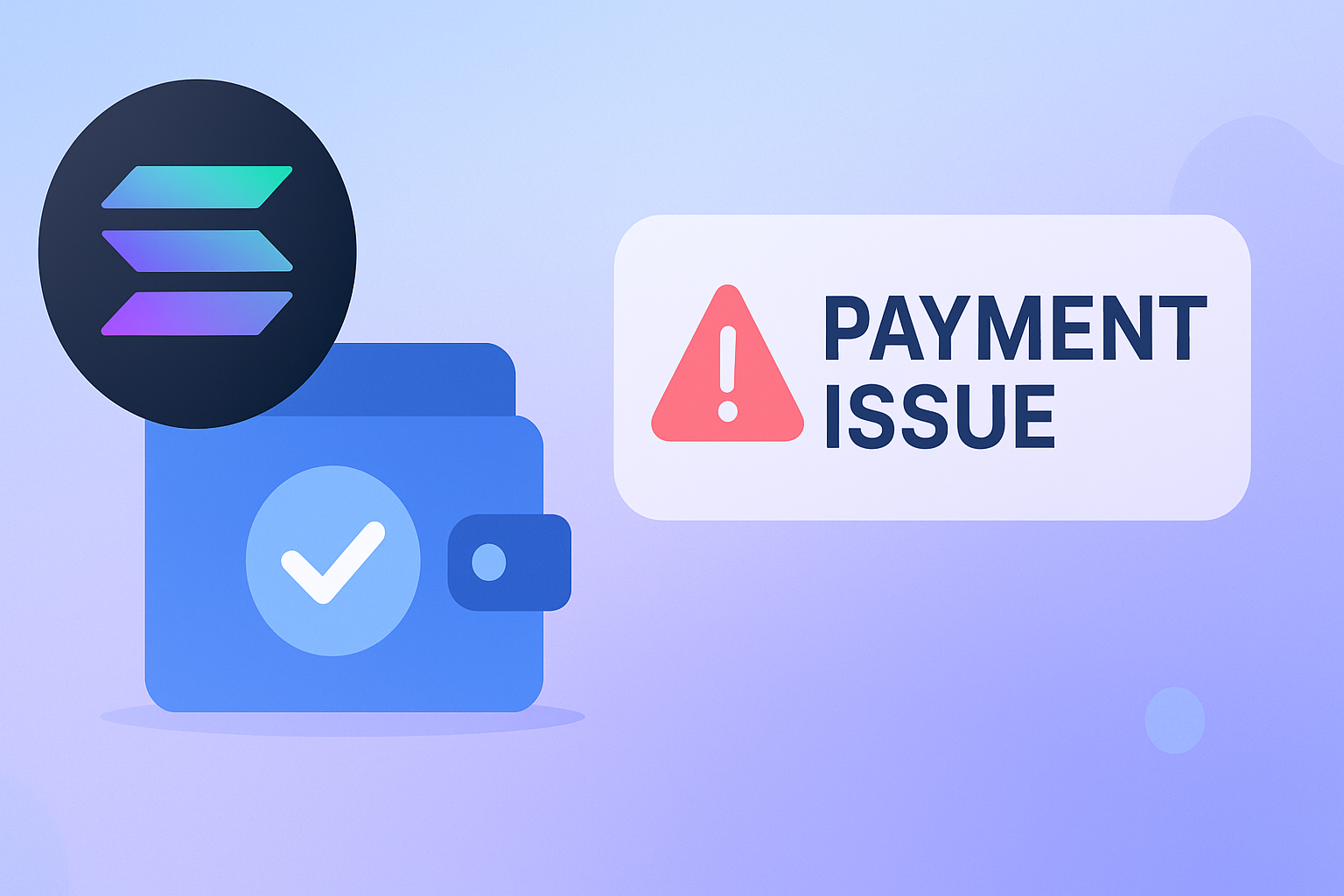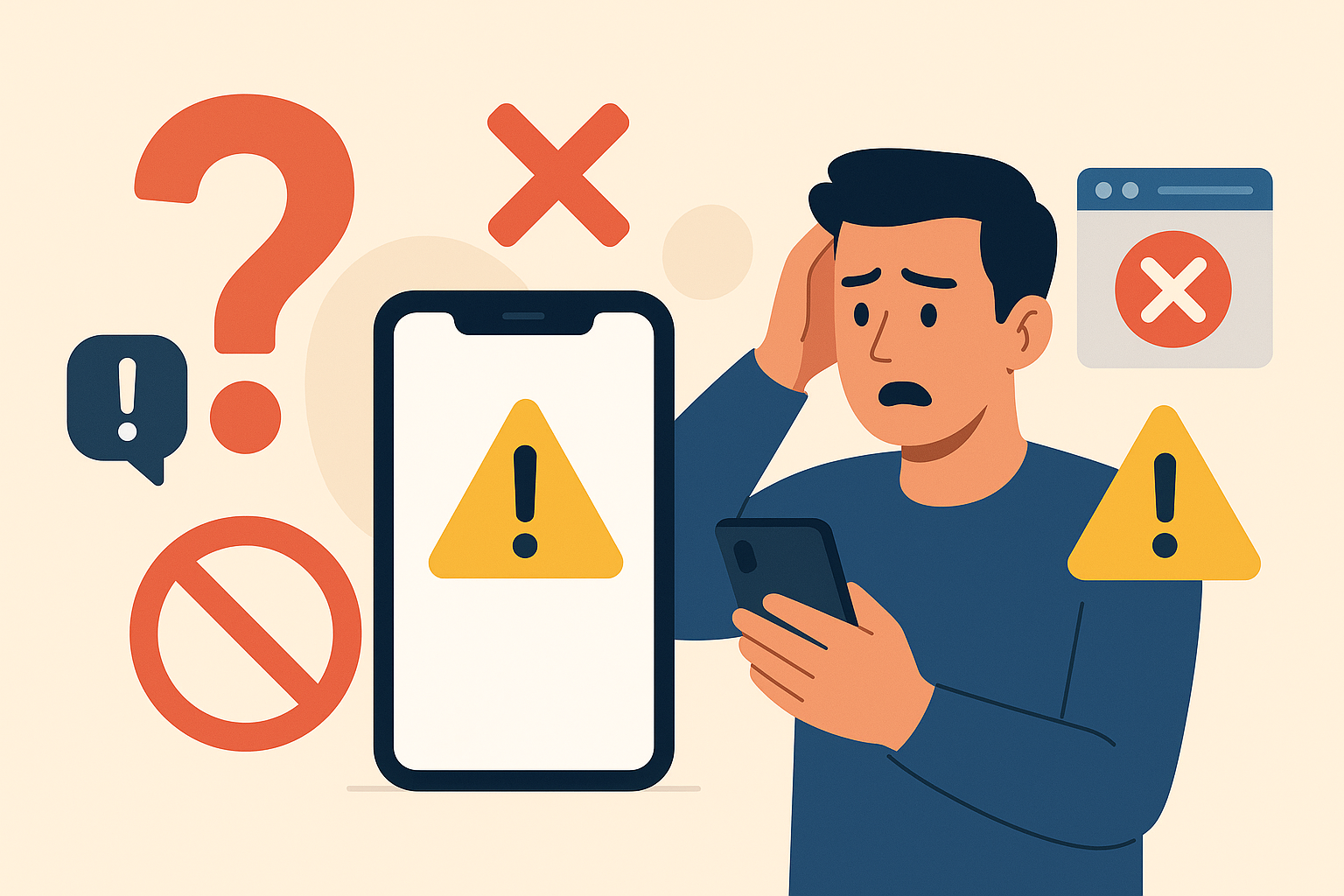Hey there! If you’ve stumbled upon this blog, you’re probably curious about web scraping and what it takes to become good at it. Whether you want to extract data for market research, gather content for analysis, or just satisfy your curiosity, understanding the skills needed for web scraping is crucial. Let’s dive into what you need to know!
1. Understanding HTML and CSS
First off, let’s talk about the backbone of the web: HTML (HyperText Markup Language) and CSS (Cascading Style Sheets). If you’re looking to scrape data, a solid grasp of these technologies is non-negotiable.
Why It Matters:
- Identifying Elements: Knowing how to locate and extract data from specific HTML elements, like tables or lists, is essential.
- CSS Selectors: These come in handy for targeting elements precisely.
2. Proficiency in Programming Languages
While there are tools that make web scraping easier, having some programming skills can make a world of difference. The most popular languages for web scraping include:
- Python: It’s user-friendly and has fantastic libraries like BeautifulSoup and Scrapy that simplify the scraping process.
- JavaScript: Particularly useful for scraping dynamic websites that rely heavily on client-side scripts.
- R: A favorite among data analysts, with packages like rvest for efficient scraping.
Why It Matters:
- Automation: Automating repetitive tasks is a game-changer and can save you a ton of time.
- Data Processing: Programming helps you process and analyze the data you’ve scraped.
3. Knowledge of Web Technologies
To scrape effectively, you need to understand how the web operates, especially the basics of HTTP requests and responses.
Key Concepts:
- HTTP Methods: Get familiar with GET and POST requests—these are your bread and butter for web interactions.
- APIs: Sometimes, accessing data through APIs is easier than scraping. Knowing how to work with RESTful APIs is a plus.
Why It Matters:
- Efficient Scraping: Understanding how to interact with web servers makes your scraping endeavors more effective.
- Troubleshooting: If things go wrong, having this knowledge helps you identify and resolve issues faster.
4. Familiarity with Data Formats
Once you’ve scraped your data, you need to know how to handle it properly. Familiarity with various data formats is key here.
Common Formats:
- JSON: This lightweight format is often used in APIs and is easy to work with.
- XML: Used in many web services for data interchange.
- CSV: Perfect for storing tabular data—easy to read and write!
Why It Matters:
- Data Storage: Knowing how to read and write in these formats helps you organize and store your scraped data effectively.
- Integration: Many tools and databases work with these formats, making your life easier when importing or exporting data.
5. Problem-solving and Critical Thinking
Web scraping can be a bit like detective work—you’ll face challenges like CAPTCHAs, dynamic content, or changing website layouts.
Why It Matters:
- Adaptability: Being able to think critically and adapt your methods will keep you ahead of the curve.
- Debugging Skills: Good problem-solving skills help you debug issues in your code and improve your scraping efficiency.
For more info about the challenges that you may encounter while Web Scraping, check this out.
6. Ethical Considerations and Compliance
Let’s not forget about the ethical side of web scraping. Understanding the legal landscape is vital.
Key Points:
- Terms of Service: Always check a website’s terms of service before scraping. Ignoring them can lead to trouble.
- Respect Robots.txt: This file indicates which parts of a site can be accessed by bots. It’s essential to honor these guidelines.
Why It Matters:
- Legal Risks: Ignoring ethical guidelines can lead to legal issues or bans from websites.
- Reputation: Upholding ethical standards helps maintain your reputation and builds trust with your data sources.
Resources to Learn:
For insights into Web Scraping Ethics and understanding robots.txt, check out this link.
Conclusion
So there you have it! Web scraping is a fascinating skill that blends technical knowledge, programming prowess, and ethical considerations. By honing these skills, you can effectively extract and utilize data from the web for various applications. Whether for research, business, or personal projects, mastering web scraping can open up a world of opportunities.
Happy scraping!





